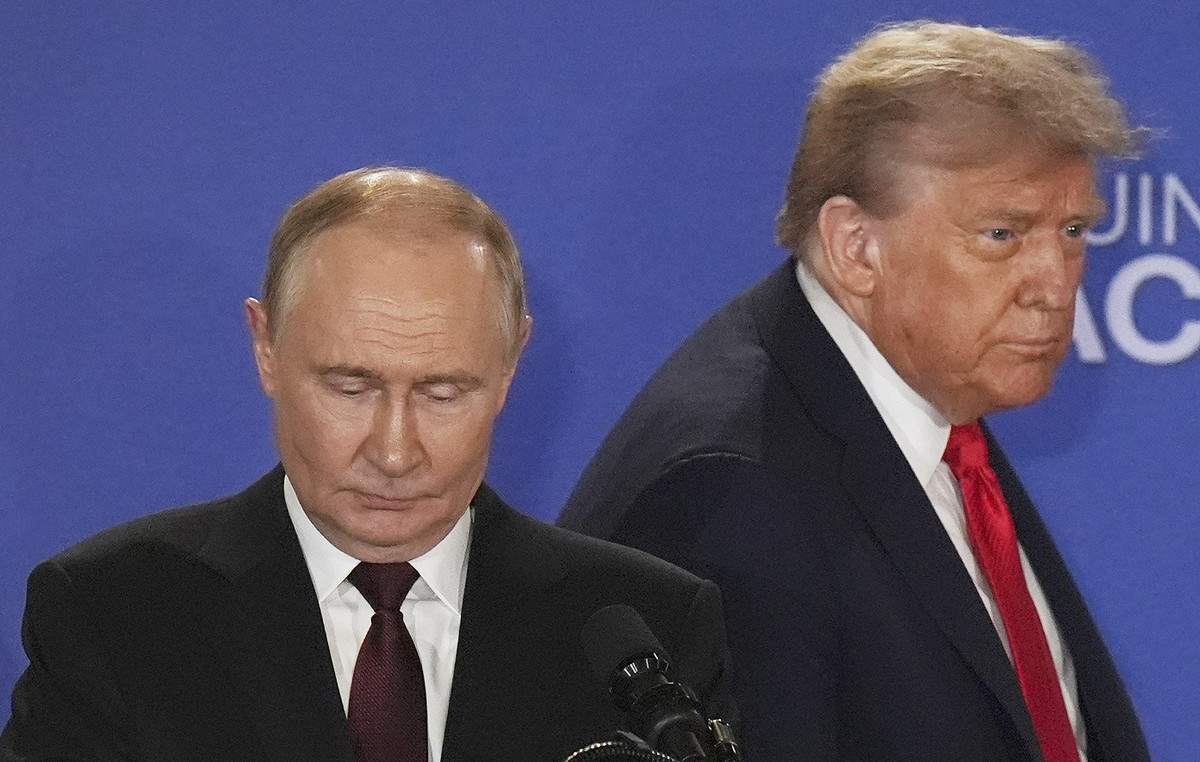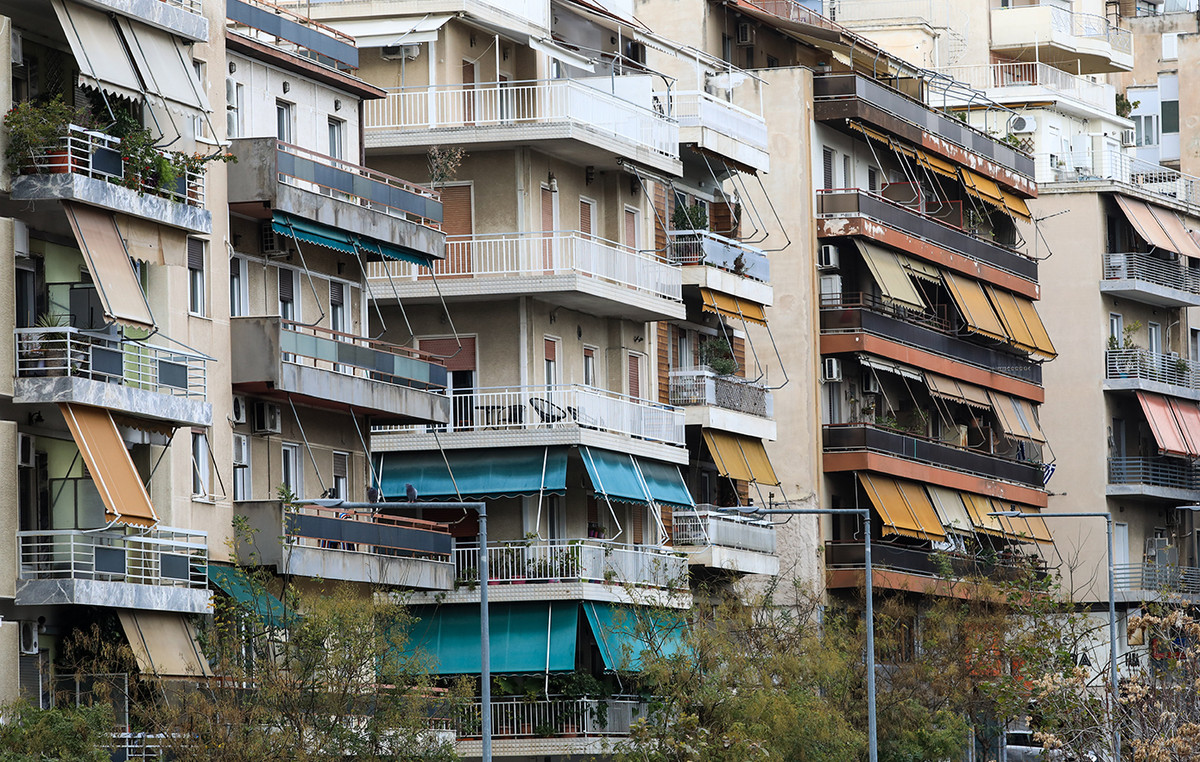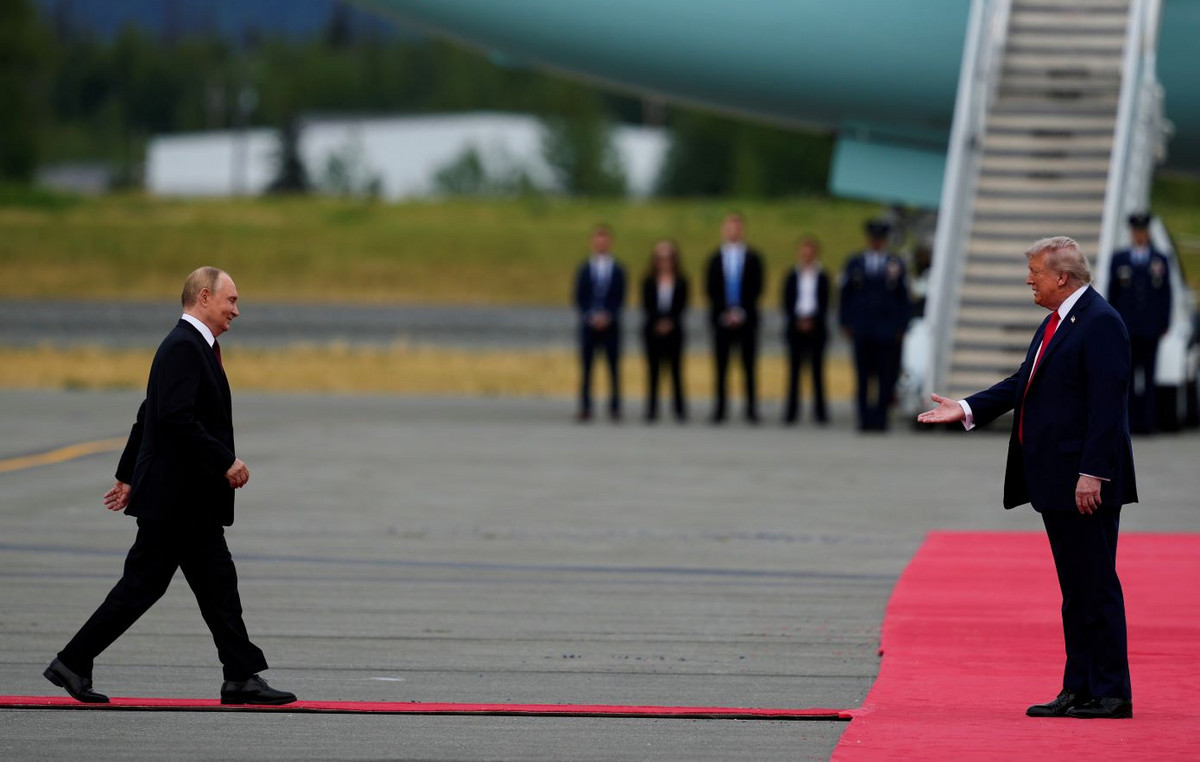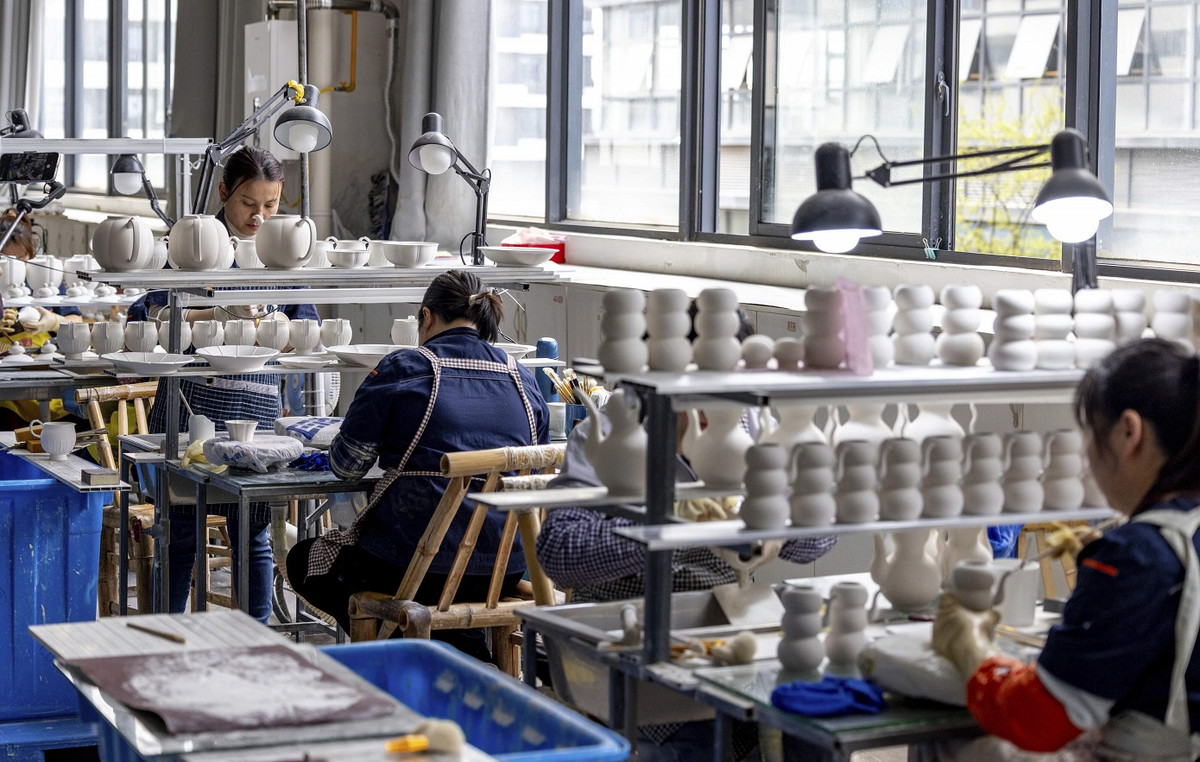A survey by Austin Rating on inflation in the G20, a block of the world’s largest and emerging economies, shows that inflation in Brazil has declined positively in recent months. The movement is explained, above all, by the drop in energy and fuel prices, unlike what has been seen in the United States and in European countries, where prices have reached the highest level in the last 40 years.
The movement abroad is driven by the rise in fuel, energy and gas prices, due to the conflict between Russia and Ukraine.
“The expectation is that there will be a new drop in inflation in Brazil in September, taking the accumulated for the year to around 5%. In the US and Europe, inflation is expected to be around 7% or 8%. Remembering that the inflation target in these countries is around 2%, which should only be reached at the end of 2023”, says Austin Rating’s chief economist, Alex Agostini.
In Brazil, the target is around 3% and, according to the specialist, it should only be reached at the end of next year or at the beginning of 2024.
According to Austing’s ranking, the accumulated this year reached 4.4%, from January to August. The index is lower than that of the European Union (7.6%), the United Kingdom (7.1%), Germany (7%) and the United States (5.4%), motivated by the rise in fuel, energy and gas price.
At the other end, the survey also shows that Russia, Argentina and Turkey lead the ranking, with 14.3%, 78.5% and 80.2%, respectively, in the year to date. According to Austin Rating’s chief economist, Alex Agostini, next year Brazil will be in an even better position than this year.
“The expectation is that in May 2023 interest rates will begin a downward cycle, but not so sharply due to the conjunctural factors of the inflation containment policy. Measures such as the ICMS ceiling limit is not a consistent action that guarantees long-term deflation”, he emphasizes.
Improvement in the scenario
After the results of the elections, which took place last Sunday (2), optimism for an improvement in the economic scenario in Brazil returned to grow for the market. Economists heard by CNN Brasil Business revised their projections and pointed to a new high in GDP and lower inflation in the country.
In addition, the expectation of a drop in the Selic rate may happen even earlier than expected.
The market had already projected, for the fourteenth consecutive week, this trend of improvement for this year and for 2023, as shown by the data from the Focus Bulletin released by the Central Bank. The report pointed to an expectation for this year’s IPCA at 5.74% and 5% for next year.
The projection of a high GDP rose from 2.67% to 2.70% this year and was also raised, from 0.50% to 0.53% in 2023. For the Selic, the expectation is that the rate will decrease to 11.25% next year.
The global economy is a topic of unanimous concern for all economists heard by the CNN Brasil Business . Alex believes that in 2023, the economic scenario in other countries will directly affect Brazil.
“The price of commodities can become a problem for the world, but Brazil can take advantage of this moment and the recession of countries that are major importers of our products to lower prices domestically. This may reflect in controlling inflation”, highlights Agostini.

Former director of the Central Bank and CEO of Mauá Capital, Luiz Fernando Figueiredo, shares the same opinion regarding the economy of other countries. According to him, the international scenario is unfavorable for Brazil.
“The War in Ukraine is still undecided and the world is still being haunted by an invasion from China to Twaian. All this causes uncertainty in the economy not only in Brazil, but also in other countries”, explains Luiz Fernando. On the other hand, the national economy shows strong signs of recovery in 2023.
The economist is optimistic about the scenario for next year and believes that Brazil’s economic indices may be better than the market predicts. “Regardless of the president who is elected, the country’s economy will improve. The composition of Congress is already concerned about fiscal responsibility,” he points out.
The specialist’s projections are that inflation will be around 5% in 2023. Regarding interest rates, Luiz Fernando believes that the Monetary Policy Committee, Copom, will begin to lower interest rates between the 1st and 2nd quarters. quarter of next year.
Its forecast is that it will close 2023 with the Selic rate below 10%. For the Gross Domestic Product (GDP), the economist believes in a rise of more than 1%, unlike the Boletim Focus, which projected a rise of 0.53%.
The scenario is also positive for the former Minister of Finance and partner at Tendências Consultoria, Maílson da Nóbrega. The economist is not so aggressive and projects inflation around 6% next year.
In addition, it expects the Selic rate to stay at around 11% to 11.5% next year. In relation to GDP, Maílson is more moderate and bets on a growth of around 0.4%.
For him, the explanation for an improvement in the Brazilian economy is that the restrictive effects of monetary policy will have passed and he guarantees that from the 3rd to the 5th quarter of next year this optimistic scenario will be clearer in the country, extending also in the coming months.
However, he makes the same warning as other economists: the world economy. “The US and Germany will not be able to escape a recession and China will grow by less than 3%, well below average. This is a bad scenario for commodities and could directly impact Brazil,” he warns.
Even with this concern, Maílson believes that in 2023 the Federal Congress will bet on fiscal responsibility and will work in a positive environment and in a better positioned economic scenario.
Source: CNN Brasil
Joe Jameson, a technology journalist with over 2 years of experience, writes for top online news websites. Specializing in the field of technology, Joe provides insights into the latest advancements in the industry. Currently, he contributes to covering the world stock market.







